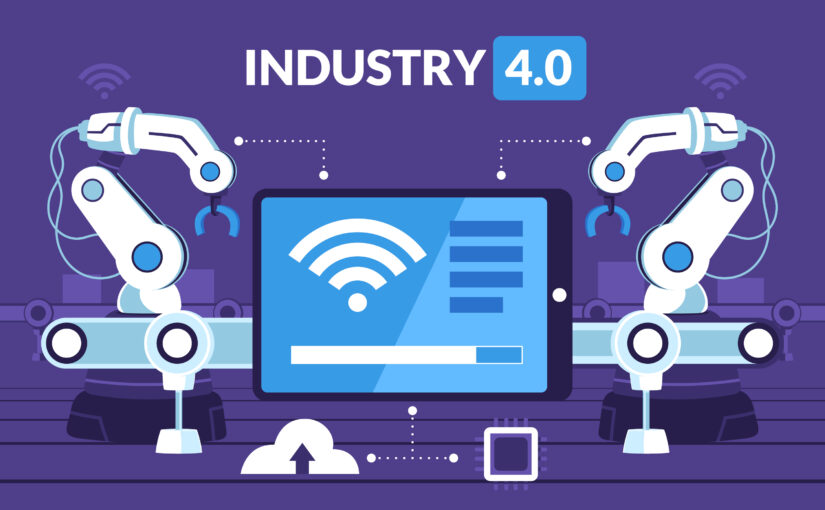Industry 4.0 is a concept that represents the integration of advanced digital technologies into manufacturing and production processes. Leveraging technologies such as the Internet of Things (IoT) and artificial intelligence (AI) within the life sciences industry enhances drug discovery, patient communication, and more. In this article, we explore three key trends surrounding Industry 4.0, and the challenges faced by life sciences companies in adopting digital technologies.
Three Key Trends of Industry 4.0 in Life Sciences
Imagine a world where machines, devices, and systems autonomously communicate and collaborate, responding to changes in demand and predicting trends in real-time. Through the collection, organization and analysis of data, life sciences companies can transform their operations and manufacturing systems in various ways.
Data-driven Drug Discovery
By harnessing AI and machine learning algorithms, companies can analyze vast datasets to identify novel drug targets, predict patient responses, and optimize clinical trial outcomes. Using digital twins, virtual replicas of physical assets or processes, drug candidates can be tested by simulating physiological conditions and predicting drug efficacy and safety. This accelerates the drug development process and reduces costs.
Digital Supply Chains
Digital supply chains represent a paradigm shift in logistics and distribution in the life sciences industry. For example, digital twins can forecast dynamics and discover bottlenecks in supply chains to minimize potential risks and delays. Track and trace systems can help companies follow and optimize the flow of drugs from manufacturer to patient. A company that integrates data from various sources and monitors real-time inventory levels can improve manufacturing efficiency and, ultimately, patient access to essential medications.
Personalized Medicine
By leveraging IoT as a network of interconnected devices and sensors that collect and exchange data, healthcare providers can remotely monitor patients’ health metrics in real-time. This enables customized treatment plans and dosages. IoT holds immense potential for personalized medicine, optimizing the communication with patients and leading to more accurate risk profiles and better outcomes.
Challenges of Industry 4.0 Adoption
While Industry 4.0 undoubtedly presents numerous opportunities for life science companies to accelerate drug discovery and development, reduce costs and improve efficiency, they must navigate major challenges when implementing the advanced technologies.
Regulatory Hurdles
Integrating emerging technologies that Industry 4.0 brings into existing processes requires careful consideration of regulatory requirements. For example, the use of AI algorithms for predictive analytics raises questions about the validation and reproducibility of results. Since many regulatory agencies have yet to address the implications of advanced technologies such as these, early adopters must anticipate new guidelines for the use of AI in drug discovery when upgrading their systems.
Data Privacy and Security
Industry 4.0 generates vast amounts of data. Electronic patient records contain a wealth of sensitive information, including medical history and treatment plans. Protecting this data from unauthorized access, breaches, and cyber threats is crucial. Companies will need to strengthen their data privacy and security measures while maintaining data accessibility.
Technical Complexities
The sheer volume of data requires massive storage capabilities, and the data must be retrieved and processed in a reliable and accurate manner. Moreover, communication interfaces across different platforms and devices are needed to enable seamless data exchange: Integrating IoT sensors and data analytics platforms to track pharmaceutical products along the supply chain means stakeholders must work together.


